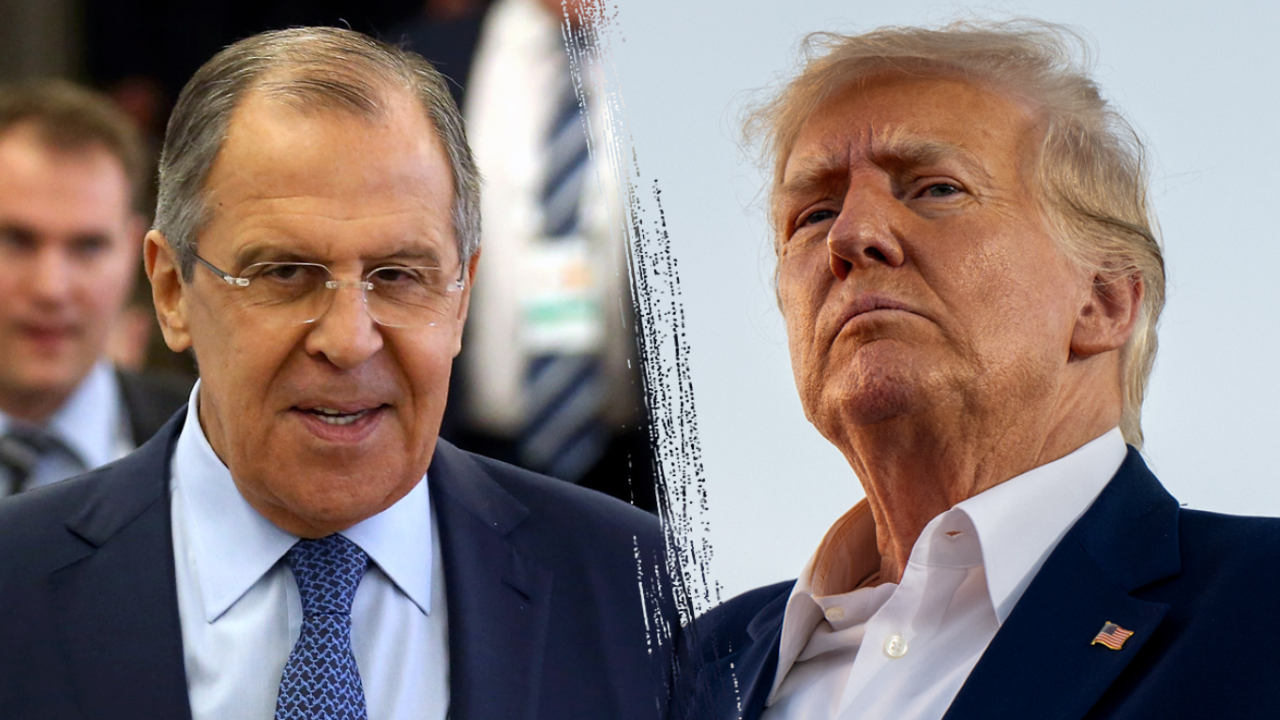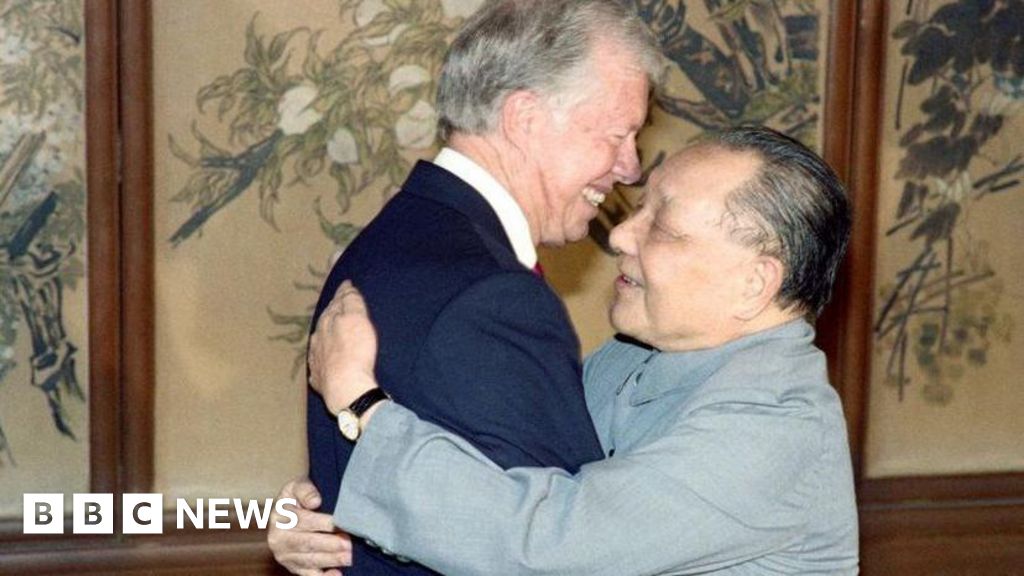Tech
Google avoids €1.49 billion EU Fine, and TikTok Fights US Ban

Google dodges €1.49 billion fine in EU
The search giant has won its challenge against a €1.49bn ($1.66bn/£1.26bn) fine from the EU for blocking rival online search advertisers.
The EU accused Google of abusing its market dominance by restricting third-party rivals from displaying search ads between 2006 and 2016.
Europe’s second-top court ruled the European Commission, which levied the fine, “committed errors in its assessment.”
The Commission said it would reflect on possible next steps, including an appeal to the EU’s top court.
Google welcomed the ruling: “We are pleased that the court has recognised errors in the original decision and annulled the fine,” it said in a statement.
It is a rare win for the tech giant, which was hit with fines worth a total of 8.2 billion euros between 2017 and 2019 over antitrust violations.
TikTok warns of US ban consequences
This week, the social media urged a federal appeals court to block a law that could soon ban the social media app in the US over national security concerns related to its Chinese parent, arguing the consequences of such a move would be “staggering” for free speech.
Under the law signed by President Joe Biden earlier this year, TikTok will be banned in the US if it does not divest from its parent ByteDance by January 19 2025 — the day before the next president is inaugurated.
On Monday, a panel of three judges heard its arguments at an appeals court in Washington DC.
“This law imposes extraordinary speech prohibition based on indeterminate future risks,” TikTok and ByteDance’s lawyer Andrew Pincus told the court.
During the hearing, however, his argument that the law would be an unprecedented ban on a single speaker and his claim that it would be “unfeasible” to divest the US arm of the firm was challenged.
AWS claims onsite IT trend is threatening business
Cloud behemoth AWS says it faces stiff competition from on-premises data centres — a turnaround from its once-proud boast that all workloads would eventually move to the cloud.
Tech news site The Register examined a summary of evidence given to the UK watchdog, the Competition and Markets Authority (CMA), in which AWS denied that customers faced any difficulty in switching from its platform.
To demonstrate this, AWS listed examples of customers who had decided to bring their IT back on-site.
“Building a data centre requires significant effort, so the fact that customers are doing it highlights the level of flexibility that they have and the attractiveness of moving back to on-premises,” the tech giant told the CMA.
AWS added that customers may switch back to on-premises for several reasons, including “to reallocate their own internal finances, adjust their access to technology and increase the ownership of their resources, data and security.”
However, the data centre trend could have been cited as an evasion tactic. Andrew Buss, IDC senior research director for EMEA, told The Register that while cloud repatriation was “becoming more common,” the share of companies actively repatriating public cloud workloads was “in the single-digit percentage sphere.”
UN calls for global AI fund to help smaller economies
Governments and private enterprises should contribute to help states that are unable to invest and benefit from advances in AI, a new UN report states.
The fund would help provide models, computing power and AI-related training programmes, according to recommendations from the UN secretary general’s high-level AI advisory body.
Dame Wendy Hall, professor of computer science at the University of Southampton and a member of the UN’s advisory body on AI, said that the West must not make the same mistakes with the technology that it made during the climate crisis.
Referring to developing countries outside the northern hemisphere, Hall said states unable to invest in AI should be given help.










